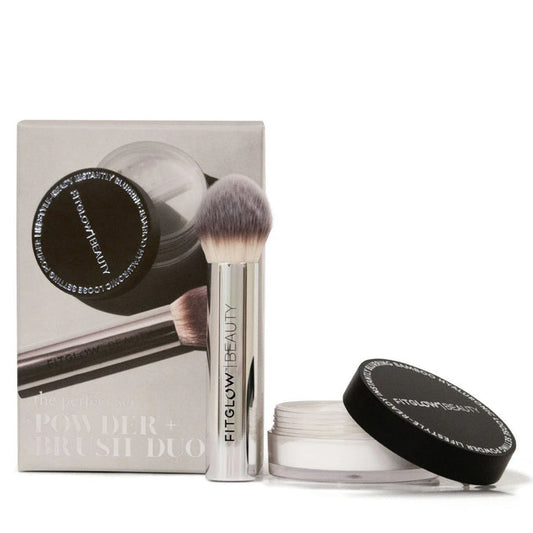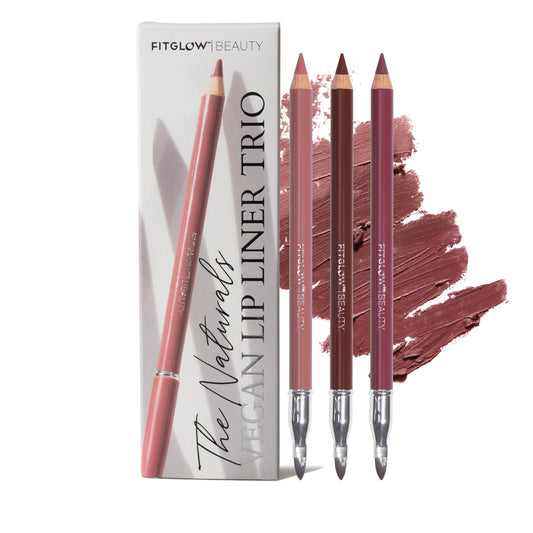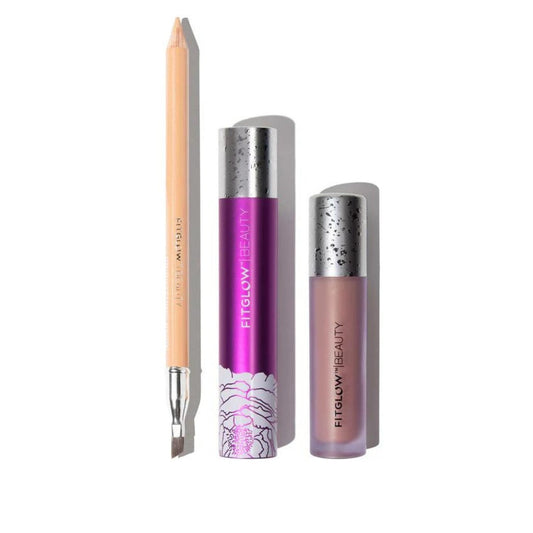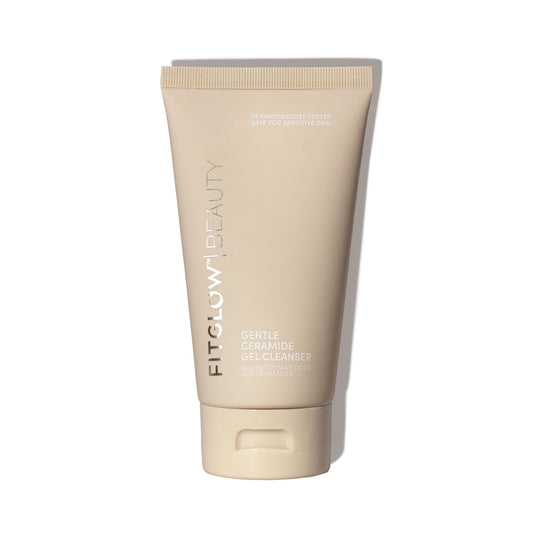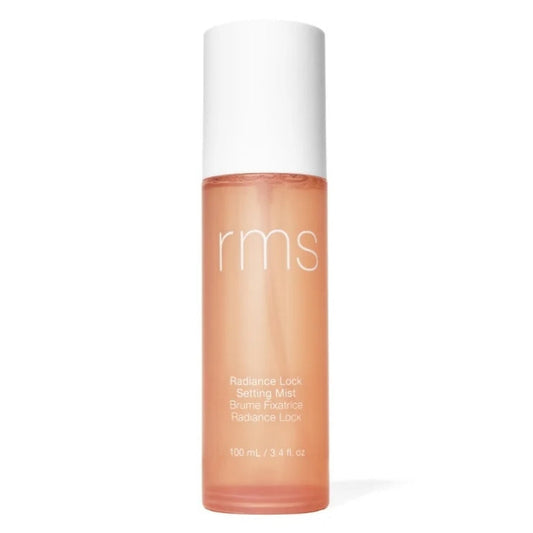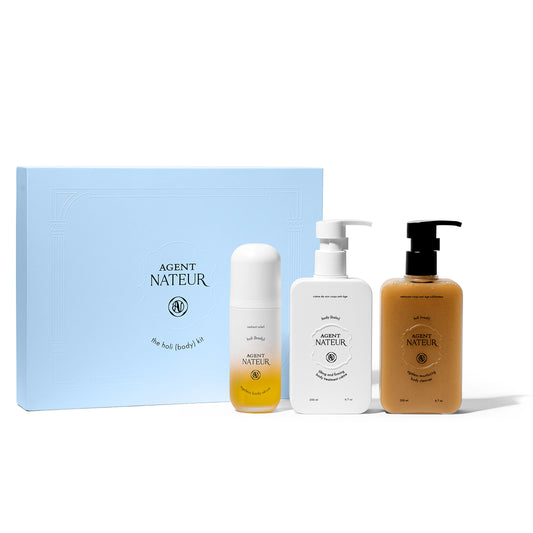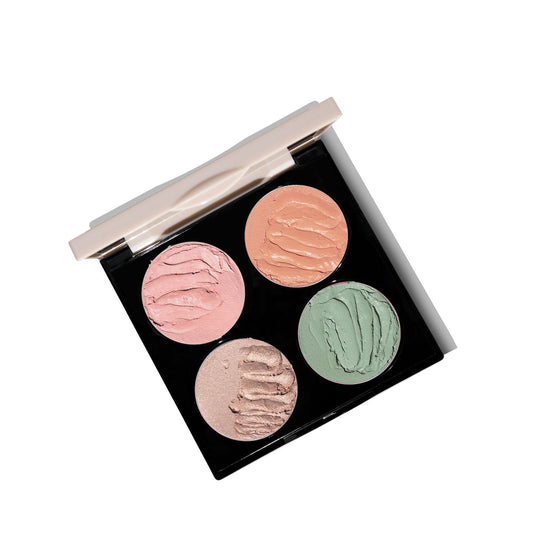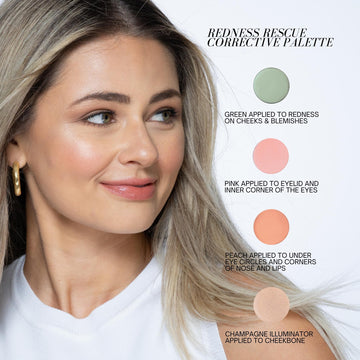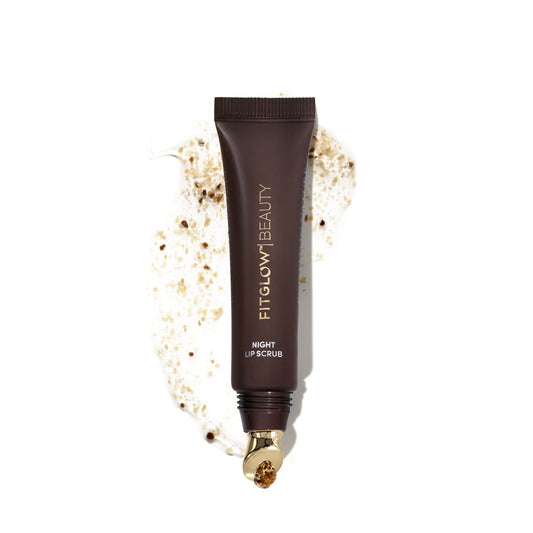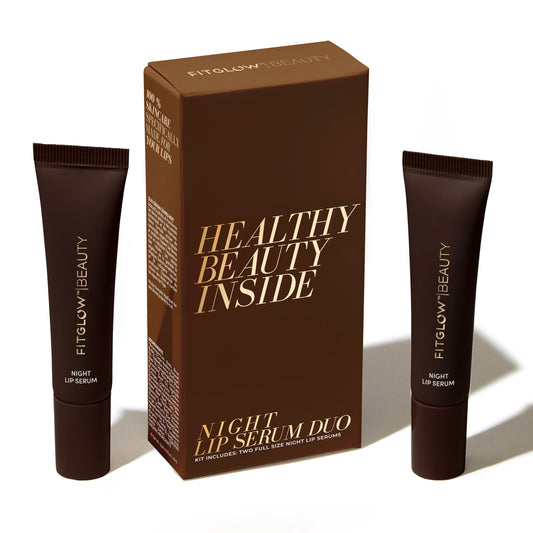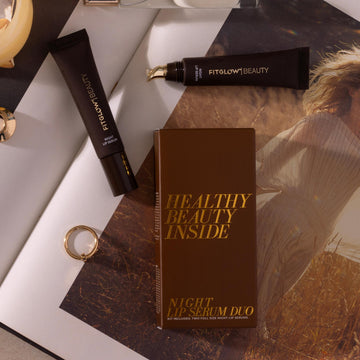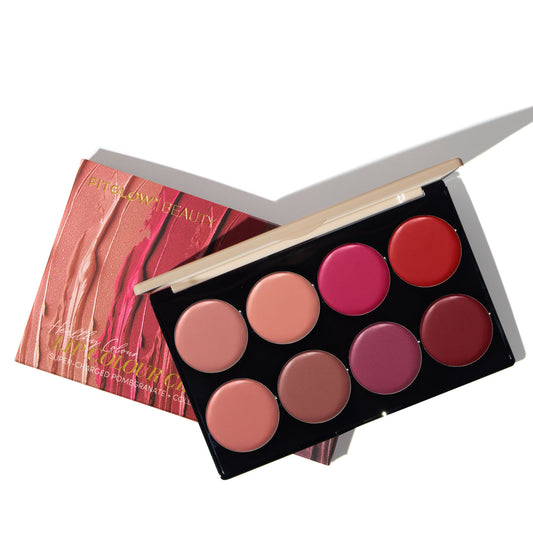Finding the right skin care regimen for you - and sticking with it.
The basic condition of your skin has a lot to do with genes, but it’s you who’s responsible for taking care of it, so don’t slack.
Not to be obvious, but we all have wildly different skin; even on different parts of our faces. You’re likely a combination of oily, dry, and normal; you might even be excessively dry or oily—and this all changes from day to day and week to week, depending on the weather, what’s going on in life, hormone cycle, or one of so many other factors. Finding just one product that’s going to answer all of your problems can be difficult. Because of this, it’s not very easy to classify and categorize all of us, we all have to test and repeat individually.
To find your ideal skin care mix, start doing your own research; ask your dermatologist, go get a facial and listen to the aestheticians suggestions, and use the Internet as a library of information. Online forums can be a great resource if you suffer from any kind of skin condition such as eczema, acne, or rosacea, hearing what worked for other people may also work for you.
When you start a new regimen you have to give it some time to work. The path to clear skin is a journey and is unique to each and every person, you should feel a very personal connection to your routine. Our skin works in cycles, regenerating skin cells every few weeks. If you are trying a new product, plan to give your skin at least one cycle—possibly two—to adjust to the new ingredients and begin to react favorably. Consider your skins’ health like a healthy diet and exercise plan: your body may take a couple of weeks to notice that it’s time to start regenerating, at which point you’ll start seeing improvement.
Once you have found a product combination that works, stick with it! It’s a common misunderstanding that once you’ve “cured” your acne, rosacea, or eczema, it’s gone for good. Not True! You must continue to maintain your routine if you’d like to maintain the results. Don’t revert after you’ve put in so much work. Take a look at the ingredients, once you want to switch up products try to find products with similar ingredients or formulations.
Unfortunately, no matter how strict about your skin care routine and diet, makeup, pollutants, and toxins will find their way into your skin and will be to be extracted. We firmly believe that everyone should have a good facialist, who can provide the occasional deep cleansing and guidance on product choice. It doesn’t have to be every month or even every other month – a couple of times a year is enough depending on the condition of your skin.
Once you’ve picked a set of products to try-and have committed to sticking with them for at least one month- you can use these bas ic skin care rules.
Cleansing
We all have that one friend with the perfect complexion who washes her face with hand soap. Luckily for her that works for her skin, but for the rest of us getting our skin cleansed properly is essential to good skin health. You need to get the gunk out of your pores so that they can breathe and also so that all the products you apply, whether you’re treating acne or adding hydration, can be absorbed more effectively. Remember to be gentle with your skin, if you cleanse your skin too frequently or too forcefully, you can not only aggravate it and cause inflammation, but also trigger your oil glands which increases their production. If you have oily skin it’s a good idea to follow up with an alcohol-free toner.
It’s pretty effective to wash your face with your hands if you don’t wear a lot of makeup. Put your hair up in a ponytail or clip, and then work your cleanser into your skin across all zones. The cleansing process should take a full minute, working lather into each of the 5 zones. Don’t forget to get below your chin, down your neck, and behind your ears! Rinse well and pat dry.
If you do wear makeup you may need some extra help from a makeup remover or a cleansing brush such as a Clarisonic.
Exfoliating
Rub your fingertips across your face-particularly around the outside of your face. Do you feel a bit of roughness? This is likely due to clogged pores from when dead skin cells, dirt, oil, and makeup get stuck in your pores. We want to prevent the buildup of this nasty stuff so that your skin underneath can breathe. If you have acne, look for an exfoliating cleanser containing glycolic acid in it.
Perform a bi-weekly check for roughness; usually once or twice a week you should be using an exfoliator on your face. If you have sensitive skin you can still exfoliate, but it needs to be a bit gentler and with more care to the ingredients. Tip: try diluting your exfoliator by mixing it in with your cleanser. For any skin type, if your skin ever looks red or raw, do not exfoliate!
Moisturizing
Every skin type should be using a light, oil-free moisturizer across all zones of your face, even if you have oilier skin. Did you know that it’s most effective to apply moisturizers to slightly damp skin? Make sure that you trap as much moisture as possible in your skin. If you tend you have dry, flaky skin, exfoliate and then a cream with SPF immediately.
Seeking Help
Since there is not much that you can do to treat certain skin conditions by using skin care products, if you have problematic skin you should be seeing a dermatogist. Cystic Acne and Eczema are two examples of conditions that need to be treated by a doctor. Your doctor will know what will work with your skin to find the perfect combination of medications to help you get control over your skin.

